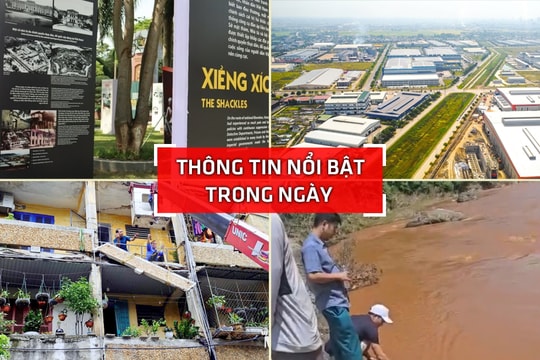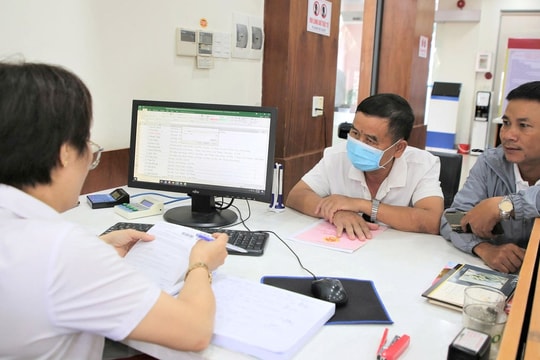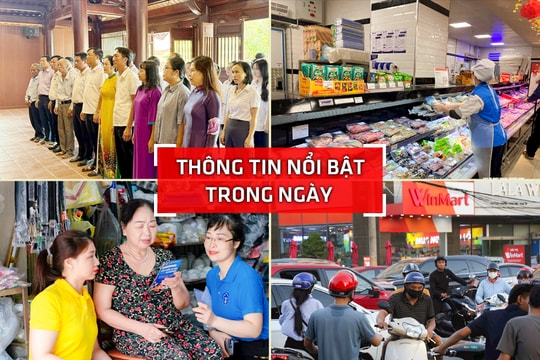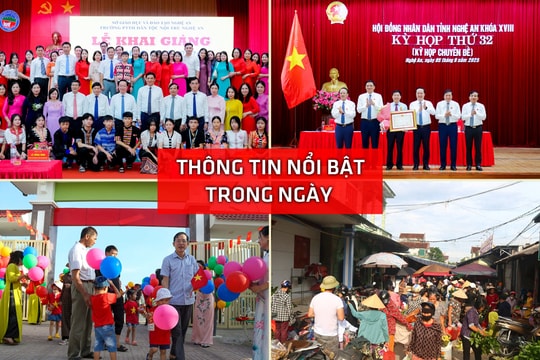Only openness and transparency can push back the phenomenon of information "noise"
How to limit information chaos?The reporter had an interview with Mr. Le Doan Hop, former Minister of Information and Communications, Chairman of the Digital Communications Association about this issue.
Recently, public opinion in the country has been paying special attention to the phenomenon of mass fish deaths in the central provinces from Ha Tinh to Thua Thien-Hue. Immediately after the incident occurred, both social networks and the press quickly got involved, promptly reporting the incident to the public.
However, due to the somewhat confusing and slow handling of the incident, especially the inconsistent and even contradictory statements about the cause of the fish deaths by the authorities, information about this incident has become increasingly confusing.
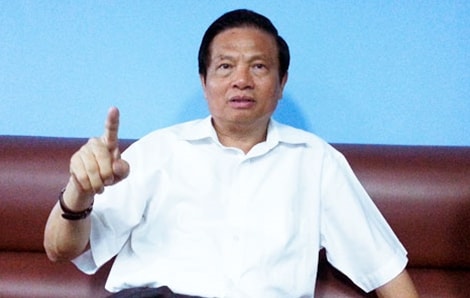 |
| Mr. Le Doan Hop. |
Reporter: Up to now, there has been a lot of different information about the cause of the mass fish deaths in the central coast, causing people to feel lost in a maze of information, not knowing what to believe. If this conflicting, even confusing information continues, what consequences will it cause, sir?
Mr. Le Doan Hop: The mass fish deaths of unknown causes in the central coastal provinces from Ha Tinh to Thua Thien Hue is an unprecedented serious environmental pollution incident. It not only affects the ecological environment of marine animals but also directly affects the health, life and livelihood of millions of people in 4 central provinces, causing public outrage and containing many unpredictable consequences.
Although the authorities from the central to local levels have made great efforts to find the cause and solution, the slow and confused implementation has unintentionally created new unnecessary frustrations. From the responses of investors to the statements of ministries and branches, there is a lack of unity, even contradictions, making people suspicious and not feel secure.
The above incident shows that when an incident occurs immediately, creating a hot spot, it needs to be handled quickly, synchronously, and decisively. Because the longer it takes, the greater the consequences, not only economic and social consequences but also consequences of trust. Prolonging it by one more day will bring about many more consequences, the most worrying of which is that people will lose their livelihoods, have no jobs, and will easily lead to negativity such as being incited and lured by bad guys.
PV: In reality, this is not the first time there has been information interference. Almost every time before an important political event of the country such as a congress, election or when hot events that attract public attention occur, many different streams of information immediately appear, including false rumors, causing interference. Is there a time when information interference originates from a lack of official information, sir?
Mr. Le Doan Hop: Usually, people in different positions and with different interests will have different statements, even contradictory and opposing. Therefore, the appearance of contradictory, incorrect information, causing information interference is also understandable. Of course, with the current level of intellectual development, not every information posted on the Internet will be listened to and trusted by people, because everyone has their own filter. But clearly, this raises the issue of responsibility from state management agencies, which is very important.
When there are false rumors, even distortions and fabrications, we must promptly speak up so that people are clear, and should not avoid or remain silent for too long. In other words, we must frankly fight against false information but must not impose or stereotype it based on one-sided information. Moreover, we must firmly defend what we are right, but we must not hide our mistakes and shortcomings. The more open and transparent we are, the more we can push back the phenomenon of information "noise".
PV: Does this mean that our response to the current information overload is somewhat delayed, sir?
Mr. Le Doan Hop:In general, we have done quite well, but in some situations, the hot issue is still slow, the persuasiveness is not high, there is a heavy emphasis on one-sided imposition, lack of flexibility and delay. There are things that people have been talking about for a month before we speak up, at that time people think it is right, so the persuasiveness when we speak up is not as expected.
Because of slow reaction, many times, we have to follow unofficial information to explain while we should be the ones to proactively provide timely information. If we want to avoid delays and not follow information, we have to proactively handle it promptly, we cannot wait for society to become noisy before we get involved, otherwise it will not be good.
In fact, there is some damaging information that makes us unhappy, even unwilling to share it, but in the end, nothing is more convincing to the public than the truth. Respecting the truth is a necessary and objective requirement.
PV: In our society today, there is still a paradox, which is that most of the information that people and society are interested in is often information that authorities consider sensitive. So how do we solve this problem to ensure people's right to access information without affecting national secrets and interests?
Mr. Le Doan Hop: The right to access information is one of the important rights of citizens. People have the right to express and request state management agencies to answer legitimate questions that they have. In fact, the current mechanism allows agencies and units to have more ways to provide information to people such as organizing press conferences, meetings, and answering questions in the press and mass media.
Therefore, we should not abuse the so-called sensitivity to avoid providing legitimate information to the people. The more sensitive something is, the more it must be clarified and made faster. The more sensitive something is, the sooner it must be handled, with reason and emotion, otherwise it will become a hot spot. Of course, for issues related to secrets and national interests that cannot be made public, there must be a separate management mechanism.
PV: We cannot deny the benefits that social networks bring, especially in the work of journalists. However, besides those strengths, social networks also have limitations such as a lot of information lacking direction, not being verified, even distorted, untrue, causing information interference. So, in your opinion, how should we respond to social networks properly?
Mr. Le Doan Hop: We are integrating with the world so we cannot ban information, especially multi-dimensional information, flowing daily, hourly on social networks. However, we also need to learn how developed countries deal with social networks to find our own management solutions through three ways.
First of all, we must perfect the law to support those who speak the truth and prevent and handle those who speak falsely with both administrative and criminal measures if those falsely speaking cause serious consequences. In addition, we must improve people's knowledge so that they can defend themselves properly and know how to filter right from wrong in the face of information interference on social networks.
In addition, we must also proactively fight against distorted information quickly, correctly and promptly. We must use reason to fight against incorrect information, because reality shows that only when there is transparency can we fight against information interference.
PV: Thank you!

.jpg)
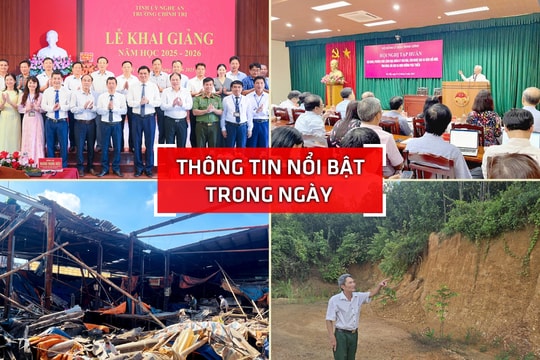
.jpg)
